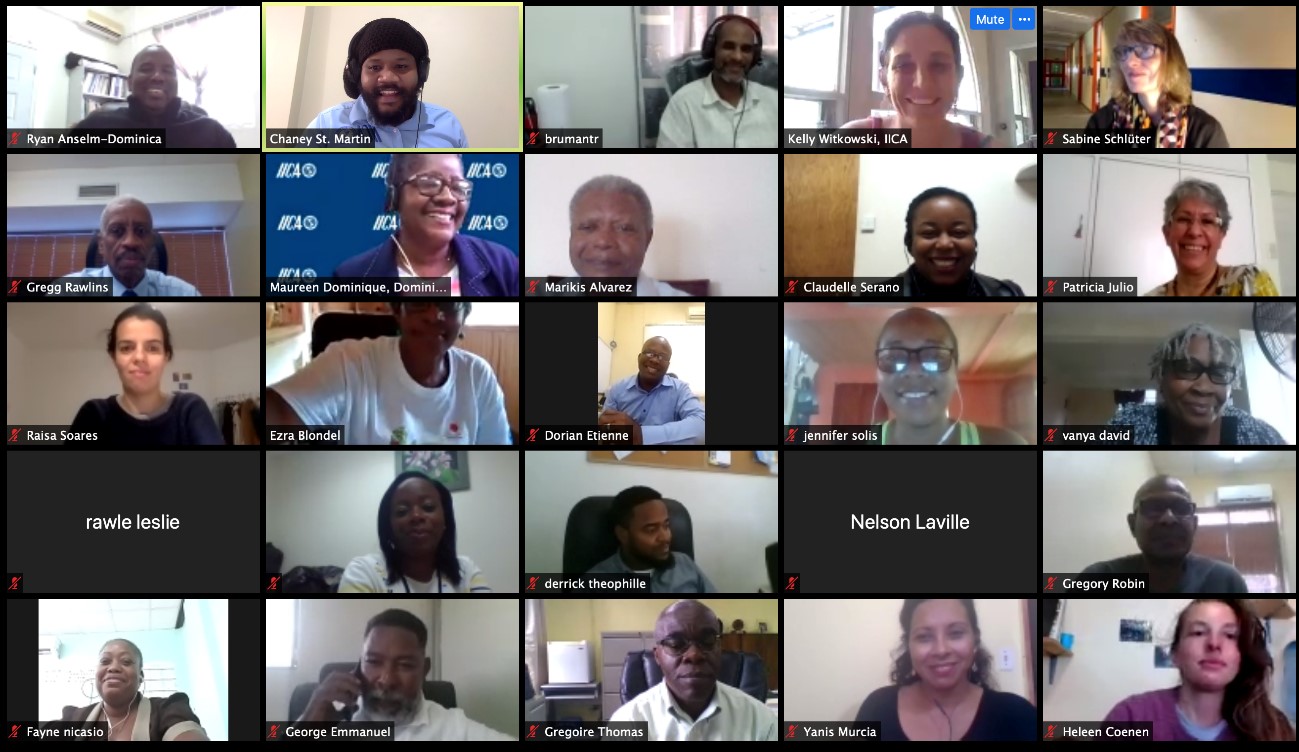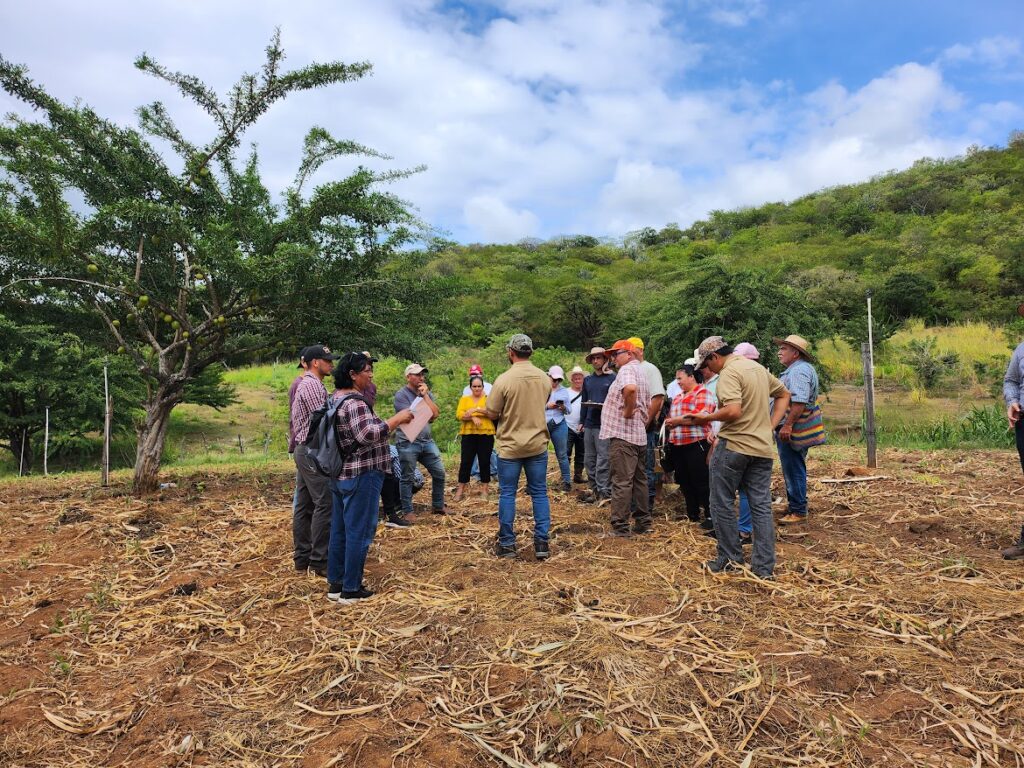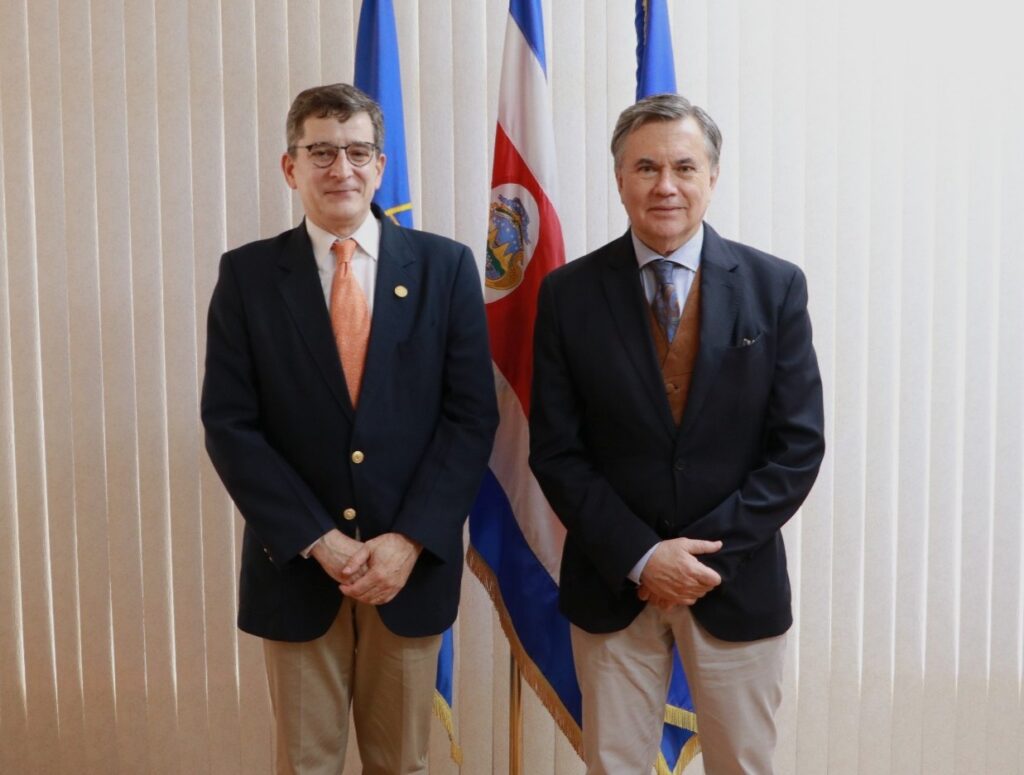Adaptive capacity, specifically the diversity of crops grown, literacy level of the head of the household, and assets were the most important factors that positively contributed to household resilience.

Roseau, Commonwealth of Dominica, 9 June, 2021 (IICA) – The Dominica Delegation of the Inter-American Institute for Cooperation on Agriculture (IICA) held a webinar to share results of a study done by post-graduate researcher, Claudelle Serano, aimed at “measuring and evaluating household resilience to hurricanes and its impact on food security levels in Delices, an agricultural-based community in Dominica”.
The key findings were that:
- Households still recovering from hurricane shocks had a 49.4% lower Food Consumption Scores than those who perceived that they had fully recovered.
- Adaptive capacity, specifically the diversity of crops grown, literacy level of the head of the household, and assets were the most important factors that positively contributed to household resilience.
- Deficiencies in household resilience capacity were associated with challenges accessing basic services, infrastructure and social safety networks, before and during disaster events.
This research was hosted by IICA and supported by the Government of the Commonwealth of Dominica, through the Ministry of Blue and Green Economy, Agriculture, and National Food Security. Financial support was provided by the German Academic Exchange Service.
Chaney St. Martin, International Specialist in Water and Soil Management of IICA, said “We observe that many development initiatives in Caribbean focus on increasing assets. However, this research suggests that equal or more focus should be placed on improving social safety nets as a means of enhancing climate resilience in agriculture”.
“This work provides an empirical and qualitative basis for better aligning gaps in resilience to tailored interventions. Such information is crucial baselining, monitoring and contextualizing climate resilience in according to the realities and peculiarities of our Caribbean Region”, he added.
St. Martin supervised the research along with professors Sabine Schlüter from the Institute for Environment and Resources Management in the Tropics and Subtropics (ITT), The Cologne University of Applied Sciences in Germany; Patricia Julio Miranda from Universidad Autónoma de San Luis Potosí (UASLP), and Kent Coipel, Technical Specialist of IICA.
This research was part of a double degree post-graduate completion requirement from ITT in Germany and UASLP in Mexico. Professor Sabine Schlüter said that “This is a unique program because it focuses on the application of the university-acquired knowledge to address issues that challenge development.”
According to Professor Patricia Julio Miranda, “UASLP has a long history of research and development in Latin America and is excited to be actively involved in current development solutions in the Caribbean Region, especially since Mexico shares the Caribbean Sea and have communities that are exposed to similar threats”.
In his address, Greg Rawlins, Eastern Caribbean Representative for IICA, affirmed that “The alignment of this research to IICA’s objectives emphasizes the need for researchers and scientists from the Region to work with passion and dedication for the development of the Caribbean. This initiative is also an accord for continued cooperation with partners who share our vision of climate resilience and can aid in our sustainable development”.
More information:
Kent Coipel, Technical Specialist, IICA Dominica










